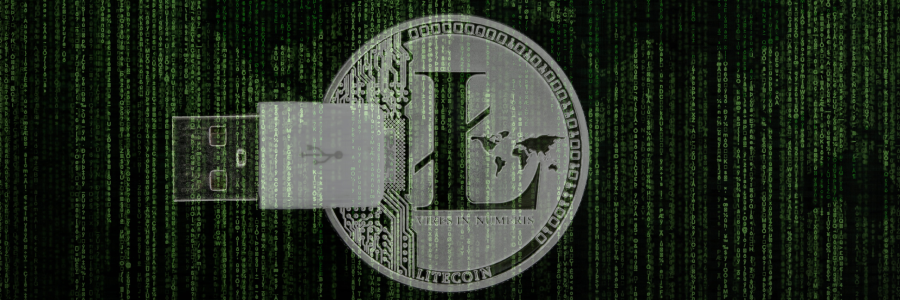When it comes to blockchain technology, many enthusiasts are preaching its omnipotence and the giant impact it will have on our future. But is this true?
Some even discuss whether a blockchain driven currency will replace national fiat money one day. This will probably never happen. Nevertheless, there are some aspects of daily life that can and will be improved by blockchain in the future for sure.
It guarantees digital freedom
Most people believe they live in a world of unlimited digital freedom. For them, it means they can communicate without restriction and transfer data. Unfortunately, this freedom can just as well be lost very quickly. Just one example of where this can happen would be in the banking sector.
You might not think about it every time you execute a transaction but it is possible to lose this privilege faster than you can imagine. A bank can easily block your transaction or confiscate your account. It has happened before and will happen again. Such an action can be based on a political decision or it might just happen by accident. You are at the mercy of companies.
With blockchain-powered services, you will get true digital freedom in the future. You can act as your own bank, use your money at any time, whichever way you want to, without anyone else’s authorization. Basically, you are the sole owner and the very person responsible for your assets.
It offers better security
Furthermore, blockchain technology makes your assets safer against attackers. Using cryptography adds a layer of security to your data which is, if used correctly, invulnerable – one of the reasons why we used it in the creation of LiteBringer. The cryptographic method is based on a complex mathematical algorithm, which cannot be decrypted even with the most powerful computers. In addition, the data is stored in a decentralized manner, which is why it can provide a level of security no other system can achieve.
It is inexpensive
To implement blockchain technology in already existing processes is neither easy nor cheap. It will need to be managed by a team of experts, because it is simply not practical for small businesses or a single person to implement it on their own.
Blockchain technology is disruptive. There is a reason as to why a growing number of well-known companies like Amazon, SAP, Azure and Oracle offer it as a service. They offer cloud-based solutions which enable even a small business or a single person to use blockchain technology without the need to worry about infrastructure or maintenance. They only have to pay for the offered service.
While it is expensive to develop a blockchain driven solution, it is still much cheaper than other existing technologies used by big companies. Unlike when using established third-party solutions, there is no need for a centralized authority. This makes any intermediary obsolete and will make the network run optimally better. Also, without centralization, there is no need to pay a middleman for their service, which maximizes the cost efficiency.
On top of that it can also improve the documentation and reduce the paperwork. While it is obvious that paperwork is no longer necessary it is probably less known that it also reduces secondary costs like hiring skilled people and maintaining the intermediaries.
It improves efficiency
With decreased costs comes increased efficiency. Companies using blockchain driven technology will not only save some money. It will also improve their processes and their communication with partners.
One of the best examples of how this increased efficiency can improve our daily life is the Dubai Blockchain Strategy. In this paper, the government explains its plan to make Dubai the very first country entirely powered by blockchain technology.
So far they have applied it to finance, education, real estate, tourism, health, transport and security. For example, if you are requesting a certificate of loss or a passport, this will all be dealt with, in the blockchain. It reduces bureaucratic errors enormously and makes the process much easier and faster.
It is immutable
Data stored in the blockchain is immutable because it is almost impossible to alter it. That means this is a great opportunity for platforms with a need for immutable traits in their system.
An area in which this can pay off is the supply chain of an industry. The immutability of the blockchain enables companies to ensure that there is no interference with the packages in transit. Nobody can alter the package information in any way. So the owner always knows the status of the delivery and any attempt to manipulate it will result in an alarm.
It offers transparency
Closely related to the immutability is its transparency. While companies can use blockchains which are only readable for employees, they can also decide to use a public one. When companies decide to use a public blockchain, the production process can be made transparent to every interested customer.
This can come in handy when regulated goods are traded or if the products themselves need to be certified, for example when rare minerals, diamonds and tropic woods are involved. With a public ledger, every potential customer can view the production process.
Consequently, certificates delivered by the seller of the goods become superfluous. The buyer can view the place of origin and whether there might be concerns regarding the violation of human rights or environmental laws. It would be impossible for malicious actors to alter goods in any form or factor.
